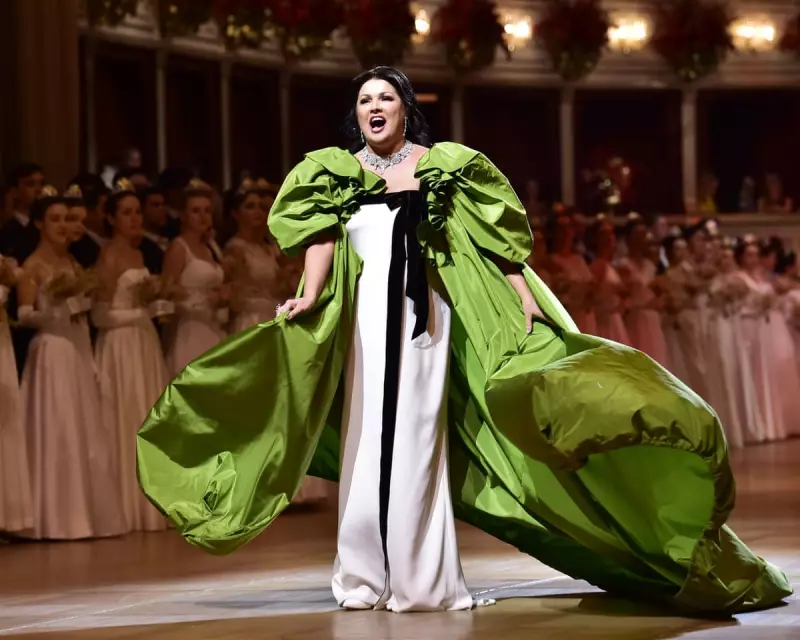
The prestigious Royal Opera House in London's Covent Garden finds itself at the centre of a fierce ethical storm. Its decision to reinstate Russian soprano Anna Netrebko for a production of Turandot in 2025 has drawn widespread condemnation from critics and Ukrainian advocates alike.
Netrebko, a long-time associate of Vladimir Putin, was initially dropped by major cultural institutions across the West following Russia’s full-scale invasion of Ukraine in 2022. While she has since issued a tepid statement expressing opposition to the war, she has pointedly refused to criticise Putin himself and has not renounced the Russian president’s honours bestowed upon her.
A Question of ‘Neutrality’ or Complicity?
Critics argue that by welcoming Netrebko back, the Royal Opera House is making a deeply political statement, effectively whitewashing her associations with the Russian regime. Her return is seen not as an apolitical act of art, but as a tacit endorsement that separates culture from the atrocities of war—a luxury Ukrainians fighting for their survival do not have.
This move is interpreted by many as a troubling shift, suggesting that the initial solidarity with Ukraine is waning as institutions prioritise commercial and artistic considerations over moral clarity.
The Inadequate ‘Diplomatic’ Defence
The Opera House’s defence appears to hinge on a notion of cultural diplomacy and artistic freedom. However, opponents counter that this is a misapplication of the principle. True cultural bridge-building cannot be achieved by platforming individuals closely linked to an aggressor state currently engaged in a brutal war of aggression.
The argument that her performance is a ‘win’ for artistic expression rings hollow when contrasted with the silencing of Ukrainian artists and the destruction of their cultural sites by Russian forces.
The Wider Implications for the UK Arts Scene
This decision sets a dangerous precedent for other UK arts institutions. It signals that initial boycotts may be temporary and that associations with oppressive regimes can be eventually overlooked. This not only undermines the UK’s stated support for Ukraine but also betrays the values of freedom and democracy that British cultural institutions claim to uphold.
The controversy forces a difficult but necessary question: where should the line be drawn between art and artist, and at what point do the actions and affiliations of a performer make them an unacceptable representative on a world-renowned stage?
The audience’s reaction in 2025 will be telling. Will the Royal Opera House be filled with applause, or will it face the silent, powerful protest of empty seats?





